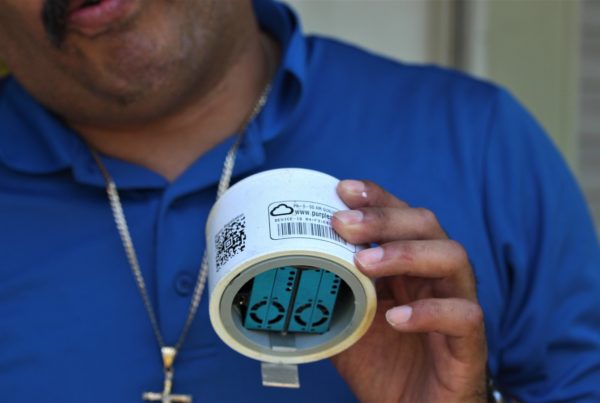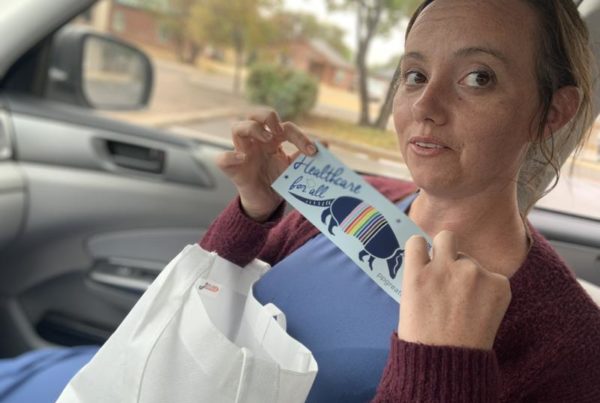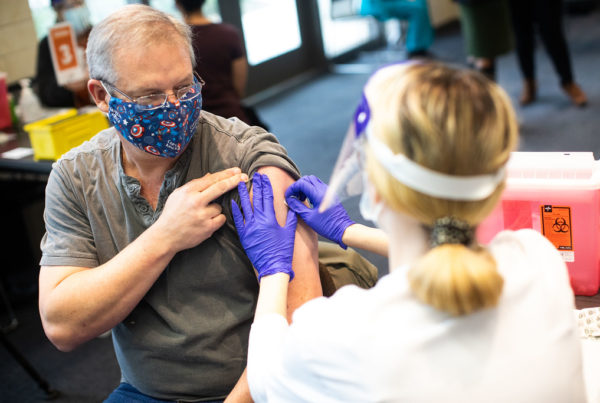As immigration policies and priorities begin to shift under the new Biden administration, some lawmakers in Texas see it as an opportunity to push for changes they want to see here in the Lone Star State.
Democratic Rep. Mary Gonzalez from El Paso County, says changes at the federal level, like new mandates for Immigration and Customs Enforcement, signal an opportunity for the Mexican American Legislative Caucus to try to achieve some of its policy goals during Texas’ 2021 legislative session.
Repealing SB4
The law passed in 2017 requires local law enforcement to cooperate with federal immigration officials. That means that a minor traffic stop could lead to deportation for some migrants living in the United States without authorization. Gonzalez says SB4 has made Texas less safe because immigrants living here without authorization are afraid to report crimes like sexual assault for fear of being deported.
“It creates a barrier between immigrant communities and law enforcement,” she said.
Gonzalez says the push to repeal SB4 will be, and always has been, difficult. But her caucus is determined.
“We’re going to continue to work on it, continue to put pressure and hope that our federal allies can support us in that work,” she said.
Family reunification
The family separation policy under the Trump administration hit Gonzalez’s area hard. The so-called Tornillo tent city where thousands of migrant children were detained in 2018, was in her district. She says she and her MALC colleagues are determined to reunite families separated under Trump’s policy – a policy she says traumatized children caught up in it.
“We have been fighting to say that child separation, child detention, is harmful for those kids,” she said. “We are very committed, and passionate, even, about making sure that we unite families and keep them together and don’t cause further trauma to any immigrant child.”
Working with the feds
The federal government determines immigration policy. But Gonzalez says that Texas lawmakers, and especially those in border districts like hers, have an opportunity to provide expertise and resources for to help determine those policies. She says family reunification is one area where local officials can be especially valuable.
“Because the state licenses the majority of the child detention facilities, we may have information that would be useful for the federal government in trying to really untangle this very complicated web of trying to unite families,” Gonzalez said. “So whatever the caucus feels they can do to support the reunification of children and families, we are here to support.”














